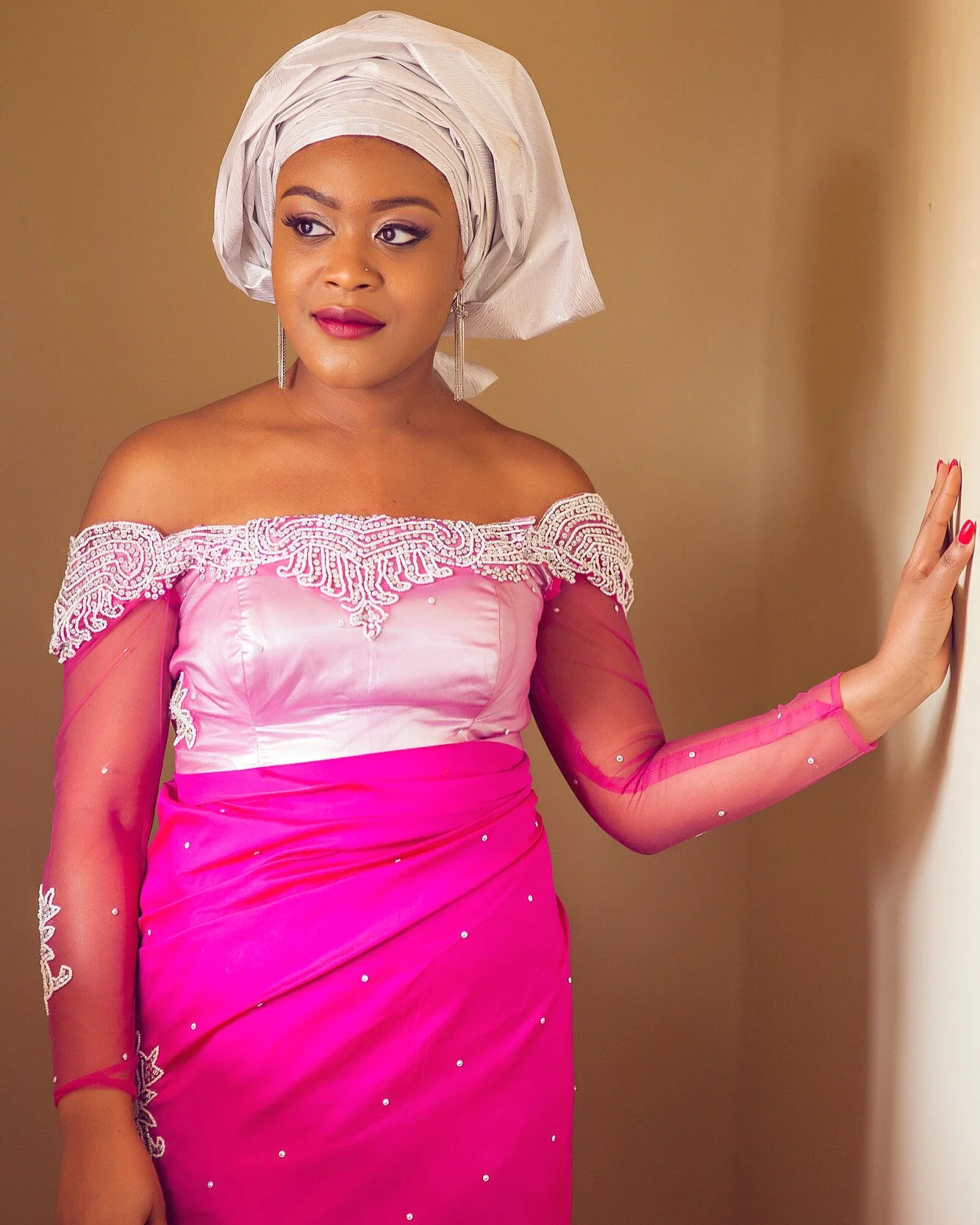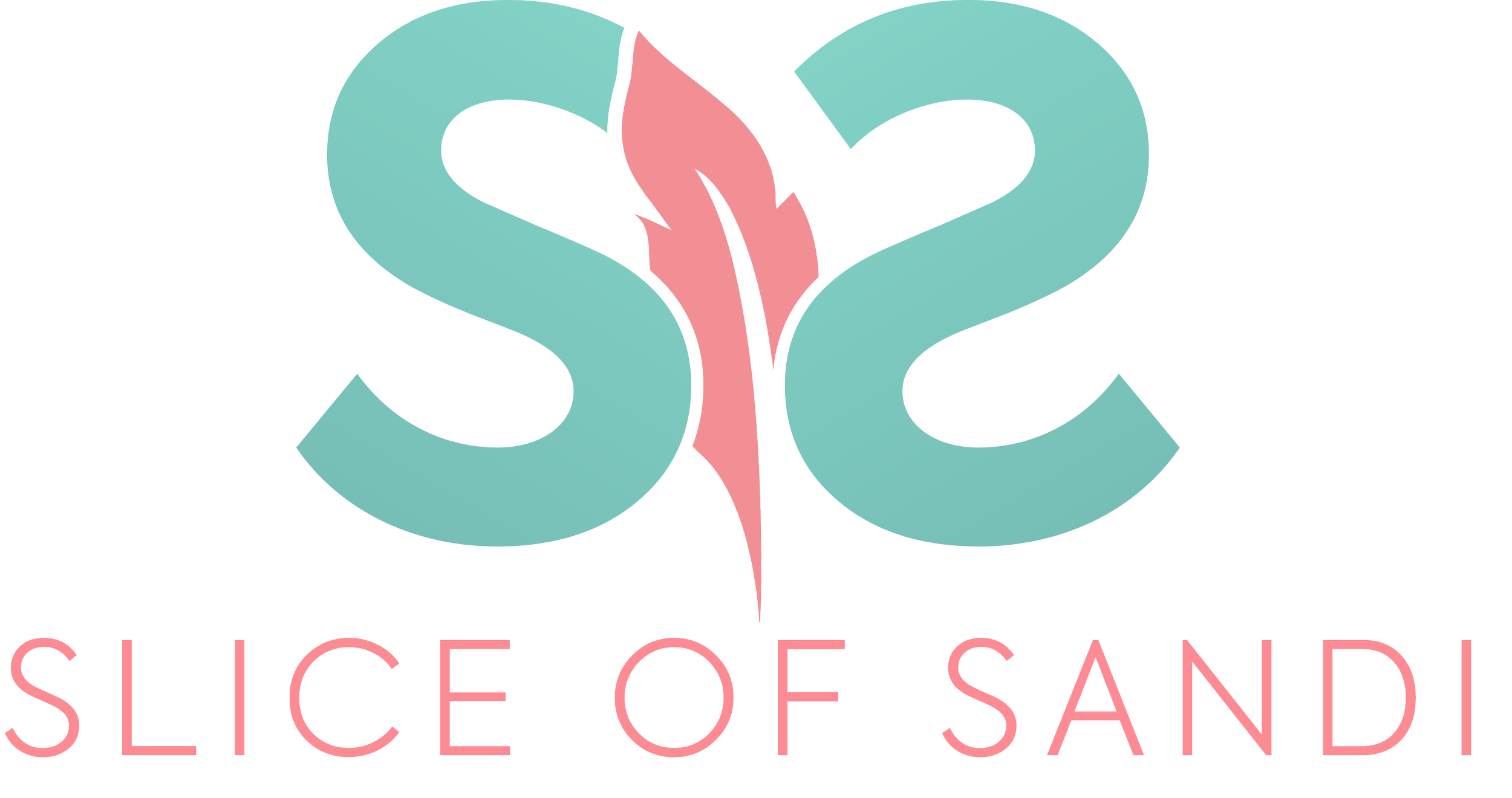I, Cameroonian

“So if you lived in Cameroon and Zimbabwe for so long, how come you don’t know or speak any local languages from either place?”
A few years ago, when I started to grow into my identity more completely, I was upset with my parents and grandparents for neglecting to teach me how to speak Bangwa and Nguti, the local languages of the area of Cameroon I originate from. How could I continue to claim my Cameroonian identity if there were so many things stacked against that claim? I have not visited Cameroon in almost four years; I don't have many friends from there; my knowledge of our traditional makossa music is limited; and most damning of all, I don’t speak the languages.
And I have received accusatory comments and surprised glares when people learn that I am a Cameroonian who doesn’t speak French fluently.
The audacity of it!
Fractured language groups
I used to wonder why my family did not realise the benefits of knowing these languages, and the risk of their loss over time. But, this problem didn’t start with me. My mother doesn’t speak or understand Nguti at all, while my father understands Bangwa but has difficulty concocting full sentences. As such, there is lack of a mutual language of communication between them, besides English and Pidgin.
In case you may not know, Cameroonian Pidgin – sometimes known as Kamtok – is an English-based creole language, and a variation of several Pidgin English languages spoken along the West African coast.
In a country like Cameroon where there is no singular ethnic group, and hence no unified language, there is often little incentive – outside of communication within the home – to learn your local language.
Cameroon; a land of many languages.
Furthermore, some ethnic groups – by way of population size and socio-political influence – have a greater advantage than others, while others face more discrimination. And so what should generate a sense of pride, speaking one’s local tongue fluently, may elicit fear and distrust.
When I decided to learn Bangwa and Nguti on my own, I discovered the complexities of this. As they are both oral languages, they do not have a written alphabet. So unless I happened to live in my village(s) for a significant amount of time and everyone made a concerted effort to speak only Nguti or Bangwa, the probability of the continuation of these languages through my family line was pretty slim.
Initially, it was Pidgin that I learned to speak and understand. But there came a point at which I was no longer allowed to speak it anymore for fear that it would get in the way of my learning proper English. So though I still understand it perfectly, I can’t speak it anymore without sounding like an awkward foreigner.
Shona
But that’s not the end of it.
I lived in Zimbabwe between the ages of 8 and 18, but in that decade-long period never grasped the predominantly spoken local language of Shona.
I did not make it a priority to learn Shona; I was young and not overly interested in learning a language from a country that I did not ‘belong’ to. I did not need to know Shona to assimilate and therefore, as a child, did not see the necessity of it. I was however lucky that my friends spoke Shona around me, so I understand words and phrases here and there, certainly way more than I can of Bangwa and Nguti. But I remember studying for my finals at the end of Grade 7 and not even having Shona on my study schedule since I knew I was going to fail. Needless to say, I did.
I also believe that my teachers never quite made it a priority to teach Shona properly. When I went to high school, the teaching of Shona seemed pretty unfocused; there was a lack of seriousness, not only in the students, but in the teachers also.
A few years into high school, I did have one teacher who made a concerted effort to drill an understanding of the language into non-native speakers. She had an actual teaching plan, with projected goals for each week and month. If I had started on that path earlier and continued on with Shona, I might have gained a little more understanding and fluency. But alas!
I lived in Africa for close to 18 years of my life and only relocated to the US to attend college. While it’s a sad reality that I cannot speak any languages from the continent, it doesn’t make me any less African than my second cousins who speak their mother tongues fluently.
Who defines what it means to be African anyway? Who created this absurd hierarchy of what pieces of culture you must adopt and maintain in order to achieve acceptance?
I have a love for where I come from. I too have lived with and adopted the cultures I have been surrounded by. I appreciate and admire the struggles we have gone through as a people and have hope for our future. I have pride in our resources and beauty; in our unique heritages and diverse cultures and in the talents and success of fellow citizens. Most importantly, I have concern for the development of my country and continent.
As Spectra, the author of a recent article that speaks to this same issue stated, there are many other aspects that define culture; language is just one of them. The effects of colonialism, discordant governments since independence and present-day globalisation have played their part in limiting the likelihood of future generations speaking their mother tongues, and even recognising the importance of knowing them.
While I truly believe that knowing how to speak one’s local language is an important part of history and identity, I have come to the realisation that it’s not the sole determinant of what it means to be an African. Just look at what I eat, the music I love, the dances I am perfecting, or the clothes I wear. It is not my fault, or that of my parents and grandparents, that I am not fluent in any of their languages. They simply made decisions based on what they foresaw would be necessary for my future. Language is certainly not all there is to African-ness.
My Africaness.





